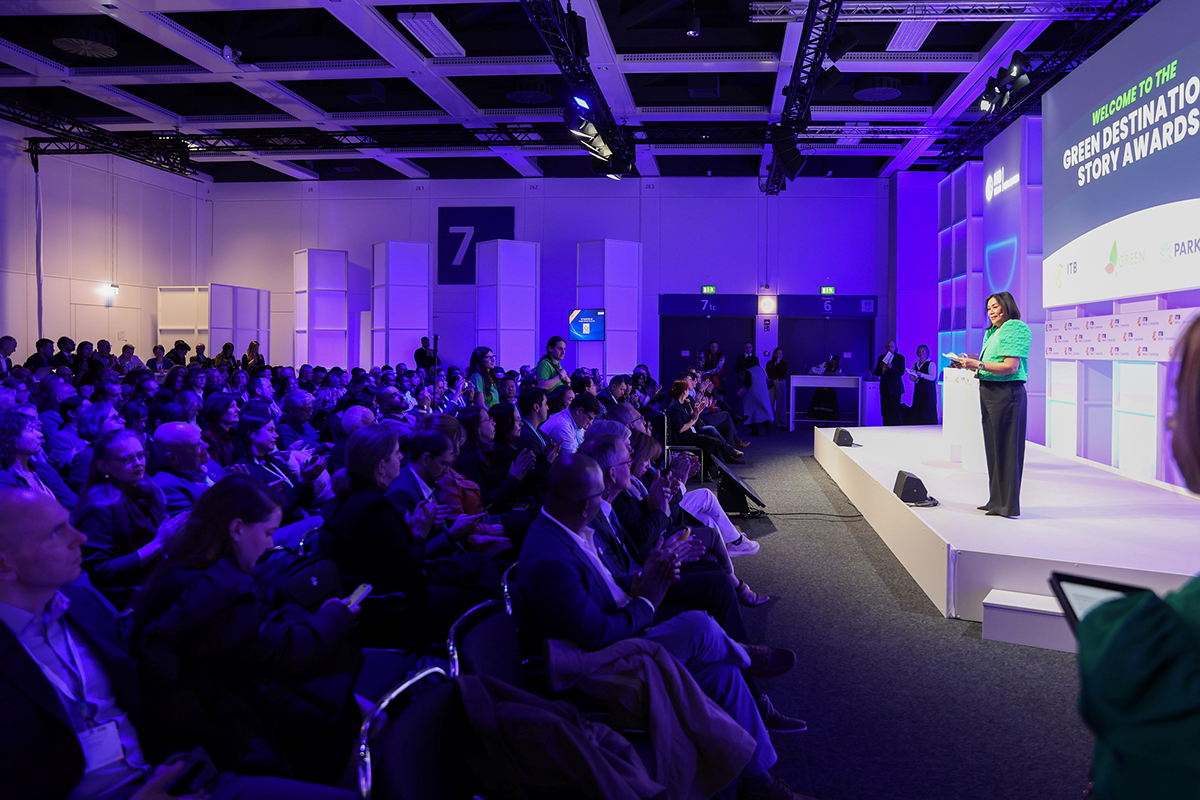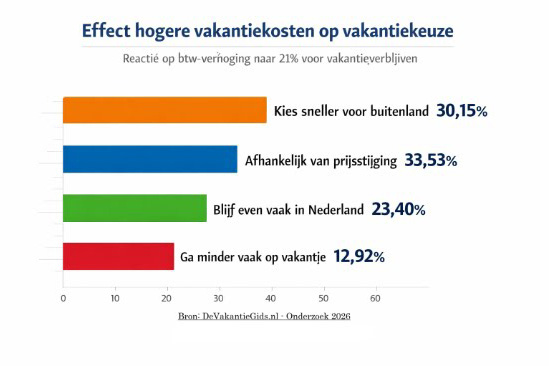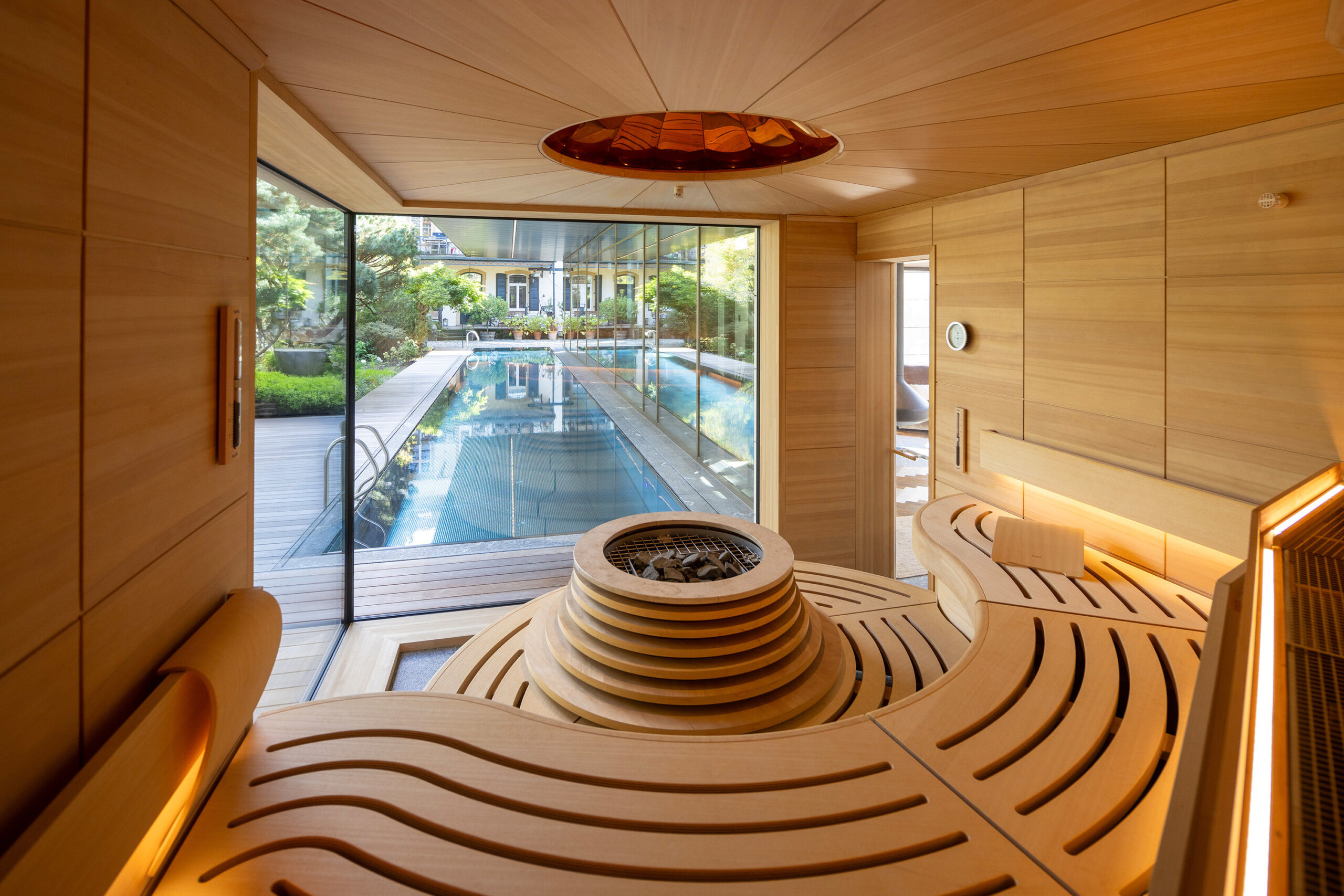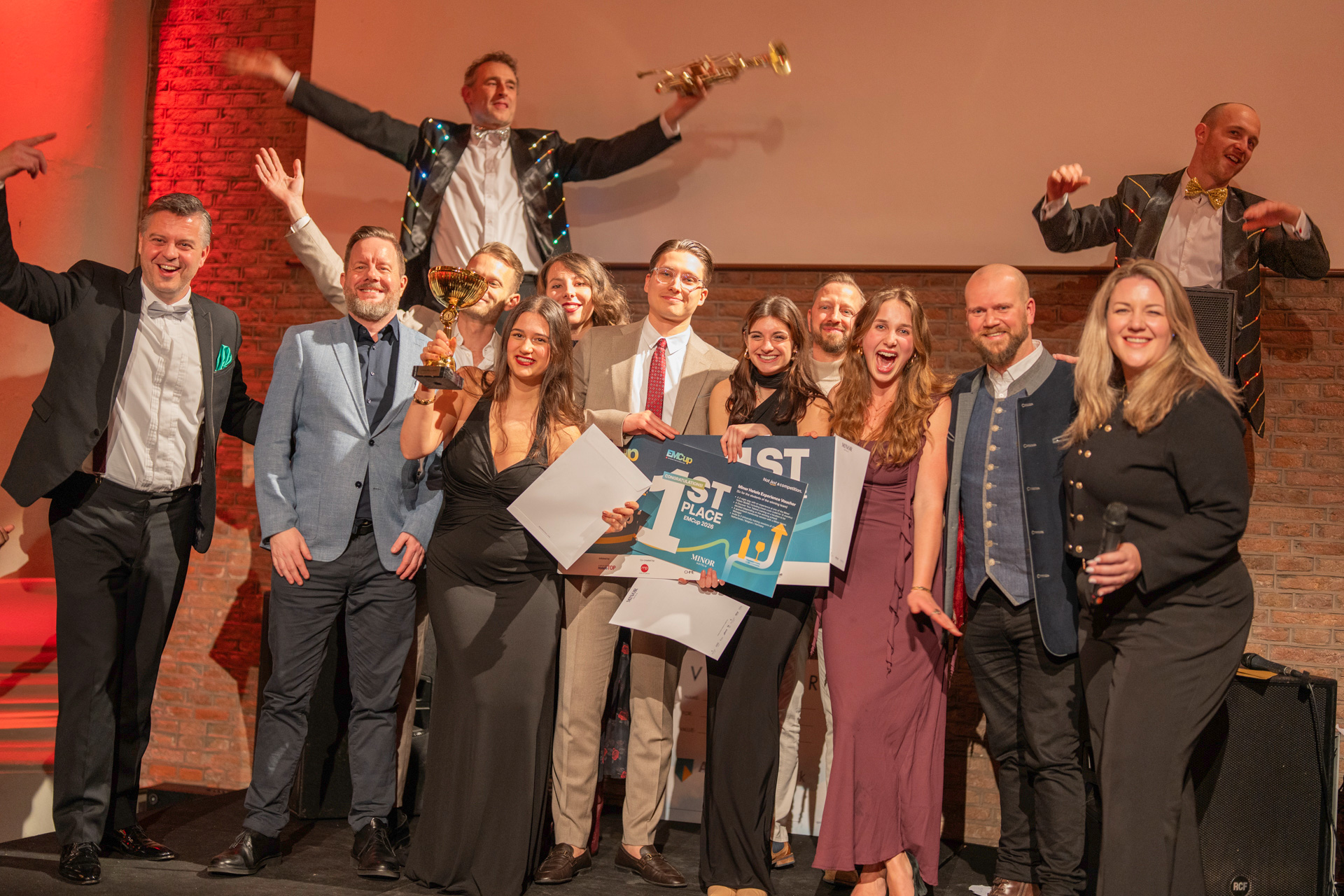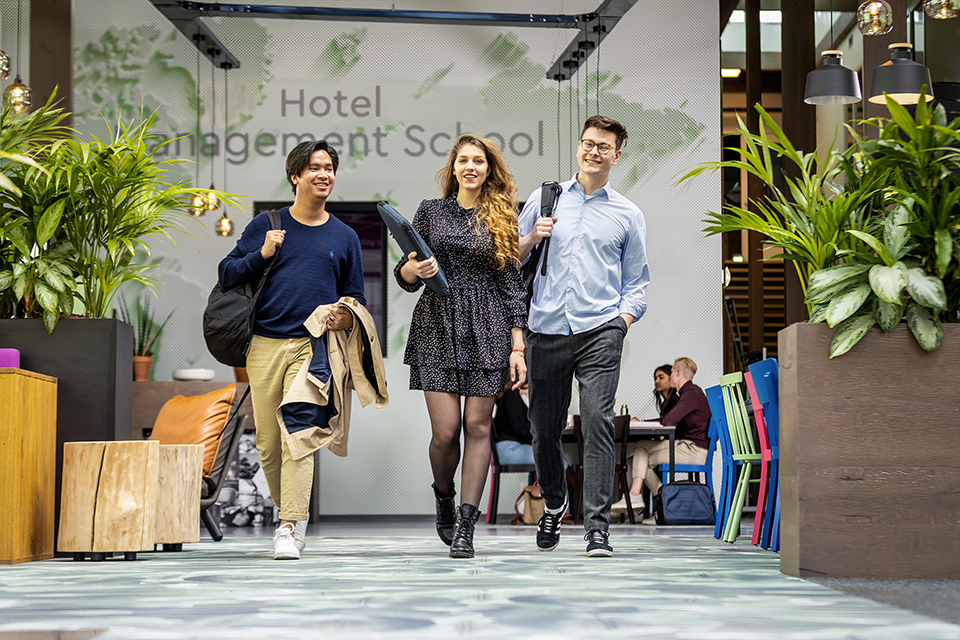
The future of the hospitality sector
Ian Yeoman, lecturer 'Disruption, Innovation and New Phenomena' at Hotel Management School Leeuwarden on
Ian Yeoman is an expert on futures research in the tourism and hospitality sector. He has worked on scenario planning for Visit Scotland, held academic positions in New Zealand and is now a lecturer at NHL Stenden Hogeschool in Leeuwarden. Yeoman is at the forefront of research into how disruptions such as climate change, technological advances and demographic shifts affect our sector. In an exclusive interview with Hotelvak, Yeoman shares his insights on the future of hospitality, the challenges and opportunities ahead and how the next generation can adapt to a rapidly changing sector.
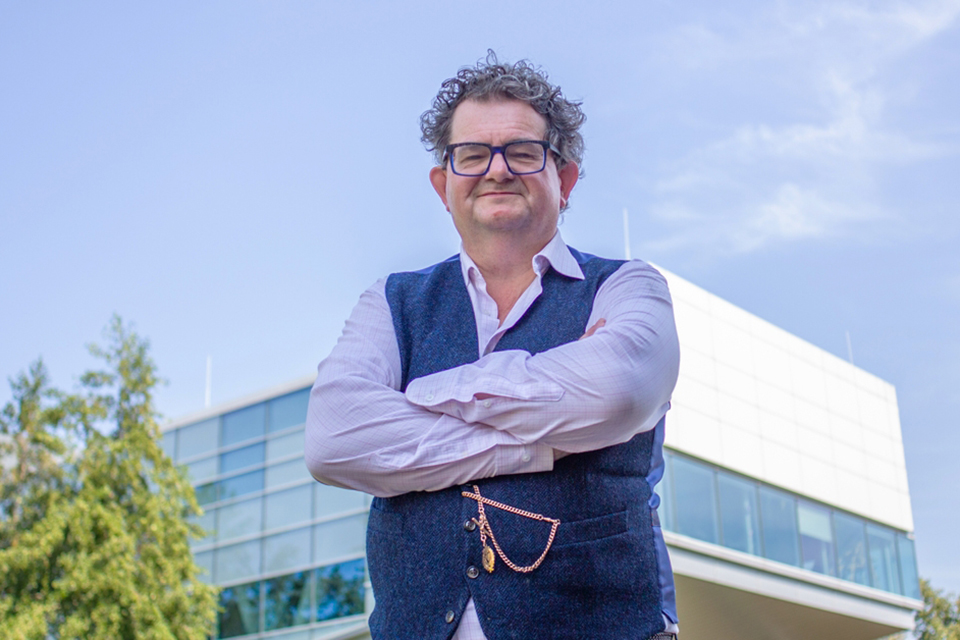
How did you get into futures research on tourism?
"Coincidentally. I started as a scenario planning manager for Visit Scotland, where I dealt with the effects of the macro environment on tourism, such as the events of 9/11 and the foot-and-mouth outbreak. From there, I worked on understanding how external events affect tourism and how to prepare for future scenarios. My career took me from Scotland to New Zealand, and now I am a lecturer in 'Disruption, Innovation, and New Phenomena' at NHL Stenden. I have always been passionate about exploring the future and taking others on that journey, helping students and professionals understand how to adapt to a constantly changing world."
What are some of the biggest disruptions you see for the hospitality sector in the near future?
"That ranges from climate change to artificial intelligence. Rising temperatures in southern Europe are likely to change the nature of tourism around the Mediterranean. Instead of busy summer seasons, we may see a shift to more year-round tourism, with older generations enjoying mild autumn and winter climates. In addition, technology is rapidly changing the way we operate. We may even reach a point where a robot chef earns a Michelin star-though that still has a long way to go. The industry must adapt to these changes or risk being left behind."
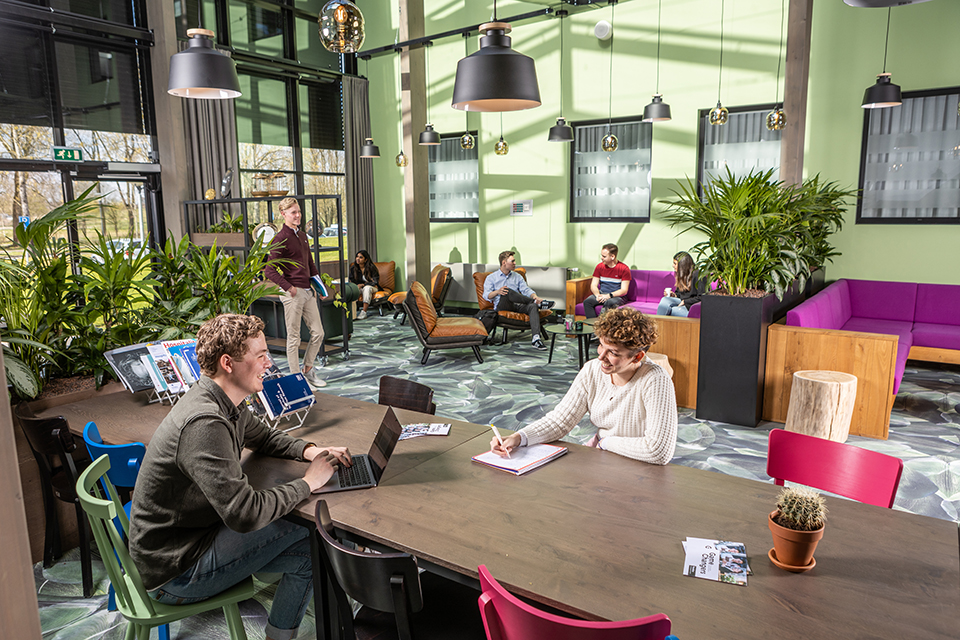
How specifically does climate change affect the future of the hospitality industry?
"Climate change will trigger major shifts. Countries like Greece, Malta and southern Italy may see summer temperatures rise to levels that make them unattractive for mass tourism during peak months. Instead, these destinations may reposition themselves for off-season travel, attracting tourists during cooler seasons. In addition, climate change is forcing us to rethink how we build and operate hotels, encouraging more sustainable practices. It's not just about energy efficiency; it's about the whole hospitality experience - from the food we serve, affected by changing agricultural conditions, to the ways we adapt our business models."
Are students prepared for these disruptions? And how is NHL Stenden preparing them for the future?
"I think students today are more business-minded than ever. They are aware of the challenges and ask the right questions - like why they should get a degree in hospitality management. At NHL Stenden, we work according to Design Based Education (DBE): learning by trying and doing. Learning from experiences, experiments and mistakes rather than unlearning. We don't just teach students; we give them real problems to solve, allowing them to adapt and innovate. We focus on entrepreneurship, knowing that many of the most successful technology companies, such as Facebook and Google, started with students who saw opportunities. The hospitality sector is full of opportunities for those who can understand emerging trends and turn them into viable businesses."
What role does technological innovation play in the future of the hospitality sector?
"Technology is a huge disruptive factor. Artificial intelligence, robotics and automation are already changing the way we think about hospitality. For example, companies like Moley Robotics are developing robots that can cook gourmet meals. But it's not just about automation. AI helps us better understand consumer behaviour, allowing us to create personalised experiences. These technological advances are pushing the industry towards a future where the boundaries between human service and machine efficiency are blurred, opening up new opportunities and challenges."
What can the hospitality sector learn from previous disruptions? The COVID-19 pandemic, for example?
"The pandemic taught us that the hospitality sector is incredibly resilient. During COVID-19, businesses had to adapt quickly to changing regulations and consumer behaviour. It was not easy, but we saw a rapid transformation across the sector. The same goes for future disruptions-whether it is climate, economic or technological. The key lesson is that standing still is not an option. Companies must embrace change and innovate, otherwise they risk being left behind. We cannot go backwards, and the same goes for technological advances and consumer expectations."
You argue that it is important for students to embrace failure as part of their education. Why?
"Failure is a crucial part of innovation. Many successful entrepreneurs have failed several times before finding success. At NHL Stenden, we encourage students to see failure as a learning opportunity. Our design-oriented educational approach enables students to experiment, take risks and learn from their mistakes. It is about building resilience and understanding that every failure is just one step closer to success. In such a dynamic and turbulent environment, adaptability is essential, and learning to fail well is part of that journey."
Do you see a positive future for the hospitality sector?
"Absolutely. Although we have challenges, I believe in humanity's ability to adapt and innovate. The hospitality sector has always been about people-creating experiences, memories and connections. With climate change, demographic shifts and technological advances, the sector will continue to evolve. I don't believe in a dystopian future. We have always adapted to wars, economic crises and pandemics. The hospitality sector will continue to change, but it will also continue to thrive as long as we embrace innovation, sustainability and creativity."
